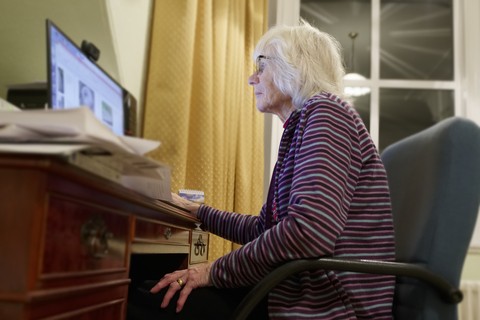Meeting the Needs of Mesothelioma Patients and Caregivers
A study published earlier this year found that mesothelioma patients and their caregivers have many unmet support needs. Mesothelioma is a cancer that forms in the lining of organs like the lungs. It is caused by exposure to asbestos. Most patients with mesothelioma are elderly and male. Treatment for mesothelioma is difficult and the five-year survival rate is poor. A mesothelioma diagnosis can be devastating for a family. Patients and their caregivers can experience hopelessness, blame, and psychological distress. They also face uncertainty around financial issues and medical concerns. The painful symptoms of mesothelioma are a huge source of stress, as well. There is not much information currently available about the psychosocial support needs of people living with mesothelioma and…


